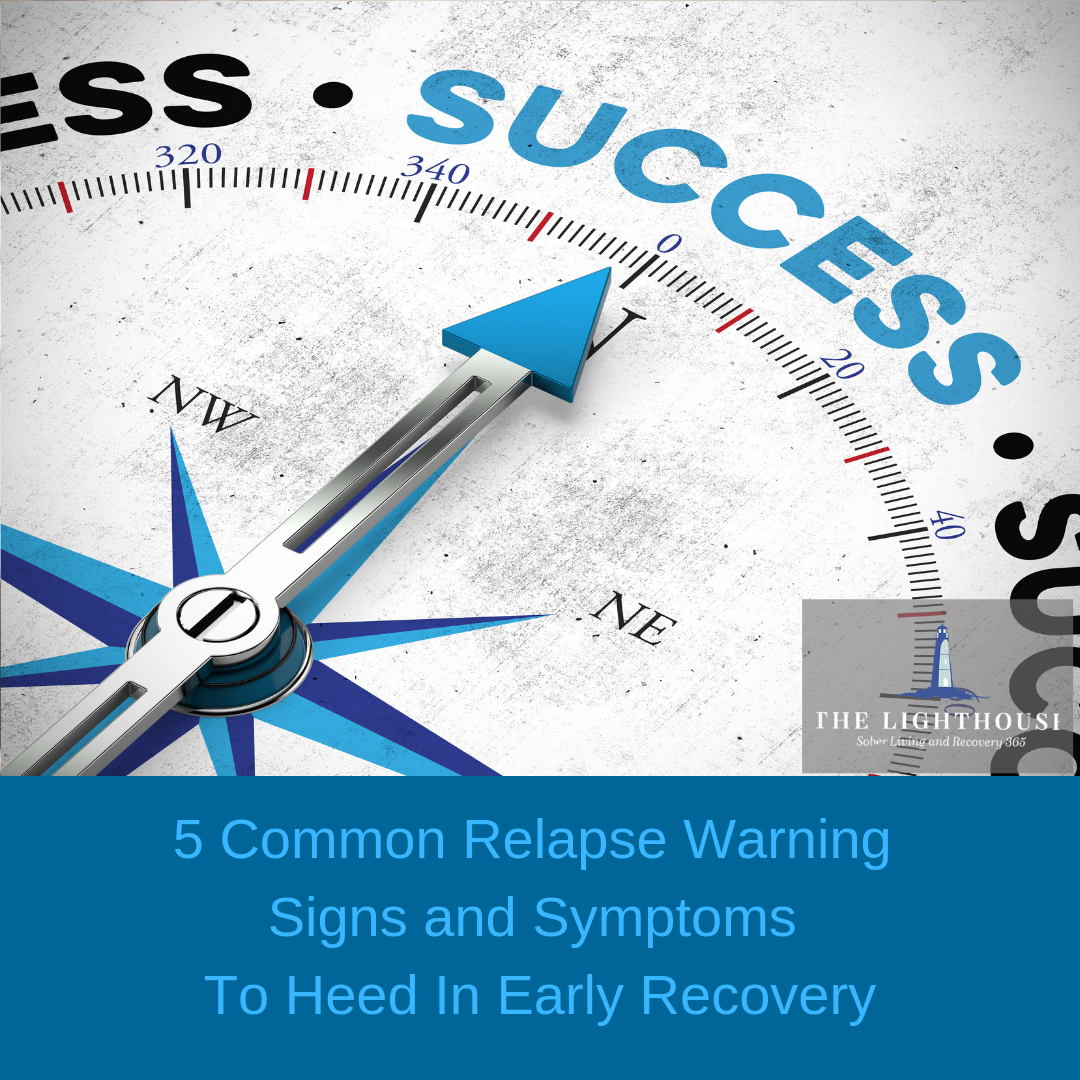5 Common Relapse Warning Signs and Symptoms To Heed In Early Recovery
It is vital to understand the signs of life-threatening relapse.
Some reasons for relapse include becoming complacent in your recovery, taking recovery for granted, and failing to express gratitude in your life.
There are common signs and symptoms which inform you of an oncoming problem. Knowing these signs is vital to avoid relapse.
When you are working with a recovery coach, and residing in sober living home, symptoms of an impending relapse are visible to your coach and peers.
Hold yourself accountable for making the changes suggested by your support. These changes could be the difference between
-
Life or death
-
Losing all that you worked for in early recovery such as restoring and rebuilding past relationships, with loved ones, family, and friends.
5 warning signs and symptoms of an impending relapse include:
Common Relapse Warning Sign #1 – Believing you can drink safely.
If you’re telling yourself that using again will be different because you have a better understanding of your addiction, you need to reach out to your recovery coach, mentor, or sponsor.
After a period of abstinence, you might be tempted to “test the waters.” It can be challenging to understand that you will never drink again. Never is a long time, but as you create joy and happiness in your recovery, you will choose not to drink. The words never again lose power over you. Once you begin to build stability and structure in a life of recovery, the temptation can trick you into believing you have changed.
It is common for people in early recovery to test oneself by having just one drink, use drugs one more night, or sit in on the poker game. When you first come into your recovery, you might believe you can find a way to control your substance use disorders or gambling addiction. If you find yourself considering a drink or a drug, you should reach out to your coach, peer support, sponsor, or loved ones to discuss what your urges and feelings about going out and drinking and drugging one last time.
Common Relapse Warning Sign #2 – Reflecting on the good times during active use.
Let’s face it – You had some good times drinking and drugging. When in recovery, and you start to tell war stories or reminisce about the good times while using, it is vital to remember the horrible endings. In the early days, your relationship to alcohol and other drugs didn’t always result in pain or regret. Extended periods of use caused you to develop a substance use disorder, which often resulted in negative consequences. More adverse outcomes and negative outcomes created the needed to forge a path in recovery. It is essential to always remember the whole story and the results of your drinking and drugging.
Common Relapse Warning Sign #3 – Forgetting the negative outcomes that come along with your addiction.
Forgetting the bad and highlighting the good times with your substance of choice could result in a lapse. Your addiction was not your friend. Just like playing the tape to the end, it is vital to remember how you experienced more bad than good. During early recovery, it can be dangerous to forget all of the negative consequences, the legal issues, arguments, lies, and isolation experienced. Learn to balance the good with the bad, work through the shame, guilt, and regret, but never forget the negative relationship you had with drugs or alcohol.
Common Relapse Warning Sign #4 – Reminiscing about old friends and acquaintances who are still actively using
Do you consider going out and visiting with old friends who are still actively using? Doing this is forcing yourself to walk down a slippery slope. You should ask yourself why you feel the need to associate with drinking and drugging friends? What is causing you to miss old friends, especially after a long time of sobriety?
Spending time with people who are not working a program for recovery creates temptation. When you are around friends who still use, your conversations tend to drift towards drugs and recalling old times. Remember, reminiscing about the past is dangerous to your recovery.
Face it; you no longer have much in common with friends who are using alcohol and drugs. Moreover, you are kidding yourself if you believe that the reason you want to spend some time with these friends is to help ease them onto the road to recovery.
Common Relapse Warning Sign #5 – Becoming complacent in your recovery
Complacency is dangerous to your recovery. You should always be proud and motivated to do better, and become better, each new day. Complacency starts when you find your new routine boring, unexciting, or stagnant. Another sign of complacency is when you start over analyzing meetings, peers, or mentors.
Always take time to reflect on how far you have come in your recovery, your next goals, and the plan you are following. Continue to support your new structure and routine. If you notice yourself complaining or feeling like skipping a day, pick up the phone and talk to your recovery coach, mentor, or sponsor.
If you or a loved one is interested in committing to working with a recovery coach or learning how a recovery coach can help you achieve your recovery goals contact The Lighthouse Recovery 365 Coaching Program at 203-246-9435.



